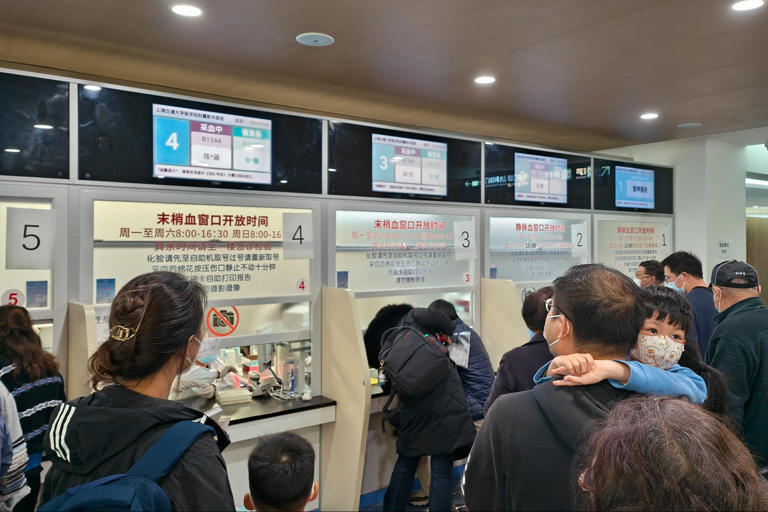When Xi’an, China, administrators said they would use shutdowns “when appropriate” to prevent additional flu outbreaks, the announcement prompted outrage. An emergency management plan posted on Wednesday states that if an infestation poses a “grave hazard,” Xi’an should lock down sensitive regions and close schools.

Image from Evening Standard @copyrights
The initiative has received a great deal of backlash from online users, particularly given the level of criticism about China’s Covid limitations.
China is experiencing an uptick in flu cases whereas the most recent Covid surge is coming to a close.
The increase in flu infections has also resulted in a nationwide shortage of antiviral medications at pharmacies.
Although there are no indications of an impending lockdown in Xi’an, some have expressed concerns that its plan may culminate in a return to the negligible plan, which the nation abandoned in the past.
Known for its terracotta army, Xi’an was exposed to some of the most stringent lockdowns in the nation during the pandemic. During a month in December 2021, citizens were prohibited from leaving their homes, not even to obtain food and other necessities.
Before Covid, viral episodes were regular, but when they occurred, “life went on as per normal,” according to one Chinese social media user.
Another source said that certain regional governments were “obsessed with shutting and dominating”.
The plan for Xi’an divides its approach into four categories based on the seriousness of the circumstance. As the amount of community spread grows acute, lockdowns can be essential.
There are additional Chinese municipalities with identical emergency preparations.
For instance, the state of Shanghai stated in 2015 that during the case of a major influenza epidemic, it might postpone education and work as well as impose limits on gatherings.
Before just being abruptly abandoned in December, the absolutist strategy severely damaged the economy and created social discontent.
Many blocks of flats in China were even closed off during the pandemic, and many Chinese citizens were banned from leaving their apartments.
Many families were unable to purchase food or other necessities as a result.
The government imposed some of the toughest lockdowns on the metropolis of Xi’an.
Huang Yanzhong, a senior fellow for global health at the Council on Foreign Relations, reported to the news media that reverting to the same punitive strategy for dealing with flu infections is by no means justifiable for the native population who were devastated by the confinement measures very long ago.
However, Tang Renwu, dean of Beijing Normal University’s School of Governance, asserted that strict lockdown measures were not likely to return in China.
Prof. Tang added additional local governments may publish similar legislation in the days to come because Chinese policymakers are desperate to limit the regular flu. Prof. Tang was referring to a Singapore-based newspaper.
Municipal governments should be careful how they frame similar documents to avoid causing societal unrest, he advised.
Although there are no indications of a lockdown in Xi’an anytime soon, some have expressed concerns that its plan may result in a return to the zero-Covid approach, according to the BBC.
Before Covid, influenza outbreaks were regular, but when they occurred, “life went on as per normal,” according to one Weibo user in China.
Another person noted that certain regional governments were “obsessed to sealing and controlling,” according to British media.
In only certain infections, classrooms were previously closed, as well as the rise in influenza cases has created a scarcity of antivirals.
Because of two distinct strains, “infectious diseases prevalence soared sharply in both northern and southern provinces of China,” per a report from the World Health Organization this week.
According to a report released on February 22 by the Chinese Office of Prevention and Control of Diseases, the number of influenza cases has now surpassed Covid for the initial time this year.
The statement has angered some of the city’s 13 million citizens, who were primarily forbidden from leaving their homes during the city’s month-long lockdown in 2021 to stop the spread of Covid.
According to Reuters, somebody inquired “Is killing children sufficient enough that we’re contemplating doing it recurrently?” on China’s version of Twitter, Weibo.













